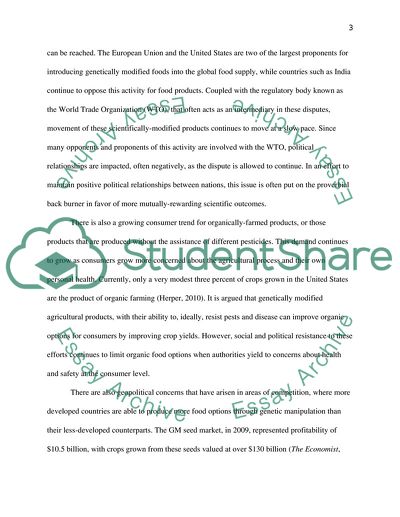Cite this document
(Genetically Modified Food Research Paper Example | Topics and Well Written Essays - 1750 words, n.d.)
Genetically Modified Food Research Paper Example | Topics and Well Written Essays - 1750 words. Retrieved from https://studentshare.org/health-sciences-medicine/1735551-genetically-modified-food
Genetically Modified Food Research Paper Example | Topics and Well Written Essays - 1750 words. Retrieved from https://studentshare.org/health-sciences-medicine/1735551-genetically-modified-food
(Genetically Modified Food Research Paper Example | Topics and Well Written Essays - 1750 Words)
Genetically Modified Food Research Paper Example | Topics and Well Written Essays - 1750 Words. https://studentshare.org/health-sciences-medicine/1735551-genetically-modified-food.
Genetically Modified Food Research Paper Example | Topics and Well Written Essays - 1750 Words. https://studentshare.org/health-sciences-medicine/1735551-genetically-modified-food.
“Genetically Modified Food Research Paper Example | Topics and Well Written Essays - 1750 Words”, n.d. https://studentshare.org/health-sciences-medicine/1735551-genetically-modified-food.


